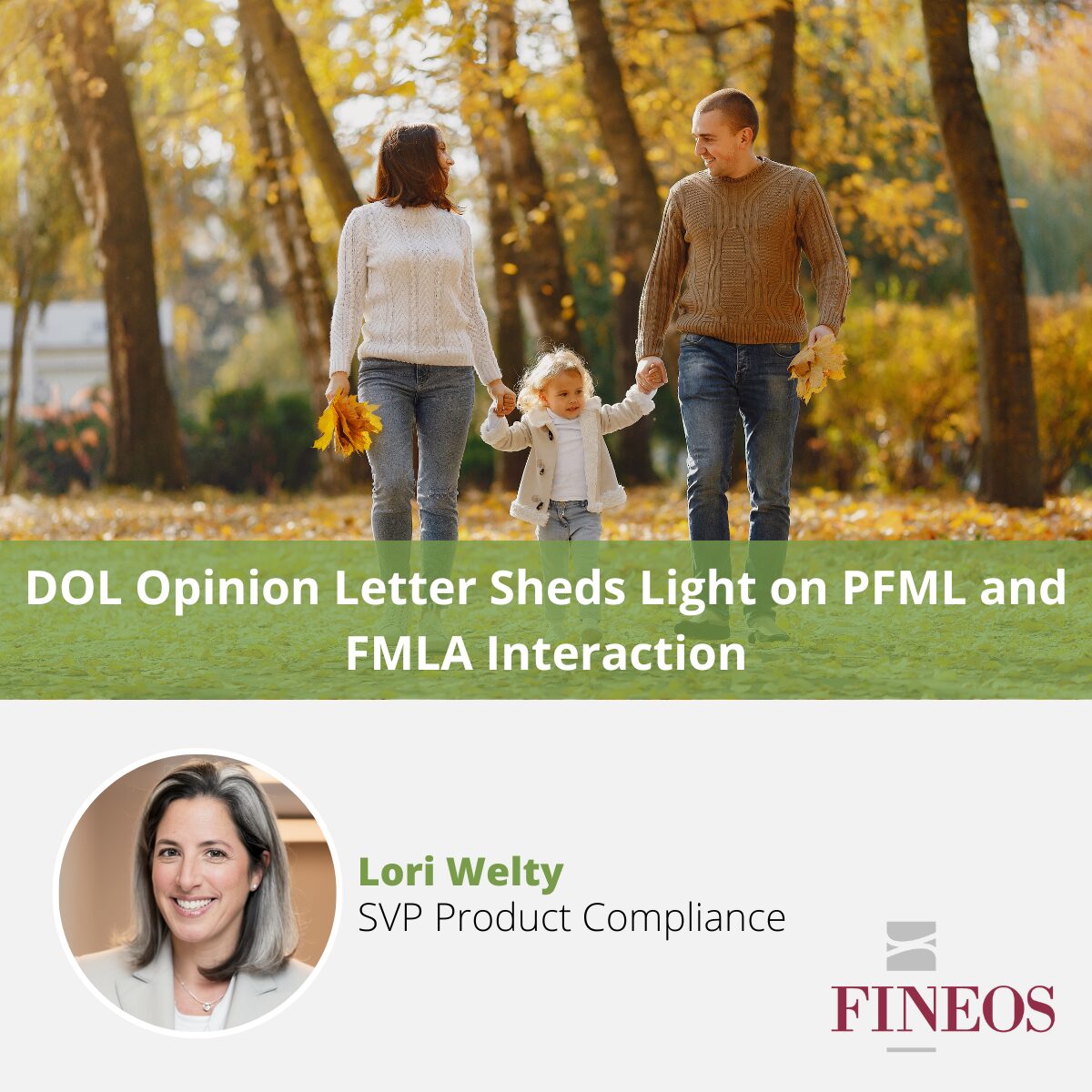Highlights from a panel discussion at the LIMRA 2016 Group & Worksite Benefits Conference
I had the opportunity to attend the LIMRA Group & Worksite Benefits Conference in Newport, RI last week as FINEOS sponsored and exhibited at this excellent annual industry event. One of the most interesting sessions was a panel discussion titled “A View from the Top.” It was chaired by Gene Lanzoni, AVP Market Intelligence, Guardian Life and featured opinions from Daniel Fishbein, M.D., President, SunLife Financial U.S.; Amy Griedrich, SVP, Specialty Benefits, Principal Financial Group; and Eric Reisenwitz, SVP Group Protection, Market Solutions, Lincoln Financial Group.
The discussion was lively and extremely interesting. There were a number of great topics discussed over the 75 minutes, but for the purposes of this blog, I’m going to discuss three of the topics where the panellists revealed some of the greatest insights.
What keeps you up at night?
For the first topic, the moderator began by asking the panellists the age old question, “What keeps you up at night?” From Daniel Fishbein’s perspective, it is the 2% – 3% growth rate the industry is seeing, with only 50% of the marketable population buying group insurance products. What keeps him up is how we penetrate the other 50% and improve these current growth rates.
Amy Griedrich largely echoed these concerns and referred to the industry growth rates as “uninspiring.” In her view, not sticking to a strategy is largely to blame for these low growth rates. She made the point that humans have a decreasing attention span, noting that it is “literally eight seconds, less than that of a goldfish.” Yet, the industry’s response is to make offerings MORE complex. Her feeling is that companies should have a strategy where they don’t always say yes to adding new offerings; that, in fact, saying no allows you to focus on what you do well, support it with the right technology, simplify, and exceed customer expectations in your target. Her assertion is that if we don’t focus on sticking to a strategy, we risk sticking to a 2% growth rate.
Daniel Fishbein did point out the “chicken/egg scenario” of the problem – if growth rates were better, we could afford to say no more.
From Eric Reisenwitz’s perspective, what keeps him up at night are the ever changing needs and expectations of the industry’s constituents, including:
- Individuals/consumers
- Employers
- Intermediaries/brokers
Expectations of service in each of these groups are increasing rapidly, mainly due to the availability of new technologies.
How do you attract new talent?
Another great question that was posed to the panellists was “How do you attract new talent?” In an inspired response, Daniel Fishbein said, “We need to stop apologizing for what we do.” He hates to hear the oft repeated phrase “Well, we’re not Apple or Google, but…” He feels we need to be proud of what we do as insurers. “We serve a societal need,” said Fishbein. He pointed out that our industry allows people to pool resources to protect them from risk. Insurers need to flaunt that and be proud of it and communicate that to potential younger employees.
Amy Griedrich uses her employee opinion survey to gauge whether or not her organization is able to attract and maintain new, young talent. The one statement she can look at and know whether they are succeeding is this one: “My department supports new and better ways of doing things.” If she gets agreement on that, and is hitting above a “best in class” ranking, she knows they are doing something right and staying exciting and innovative.
How are products evolving for the new generation?
The panel agreed that product offerings of today are largely the same as they were seven years ago. And the way that they are sold can almost seem like we are offering a check list of “doom and gloom.” There is a lack of understanding and, as mentioned before, attention spans are lessening.
Amy Griedrich made an interesting observation that younger generations are really interested in pet insurance, they’re concerned with student loan debt, they need apartment insurance. Wouldn’t it be interesting to provide more of a lifecycle plan to people, so products that are offered to them are the ones they are most interested in at that point in their lives, with a plan to offer more products at transitional points in their lives?
The discussion was excellent and ended with an emphasis on the main point that was made at the beginning, to be proud of what we do. This was a quote from a former boss of Eric Reisenwitz and is what motivates him as an insurance leader:
“We do good things for people when bad things happen to them.”


